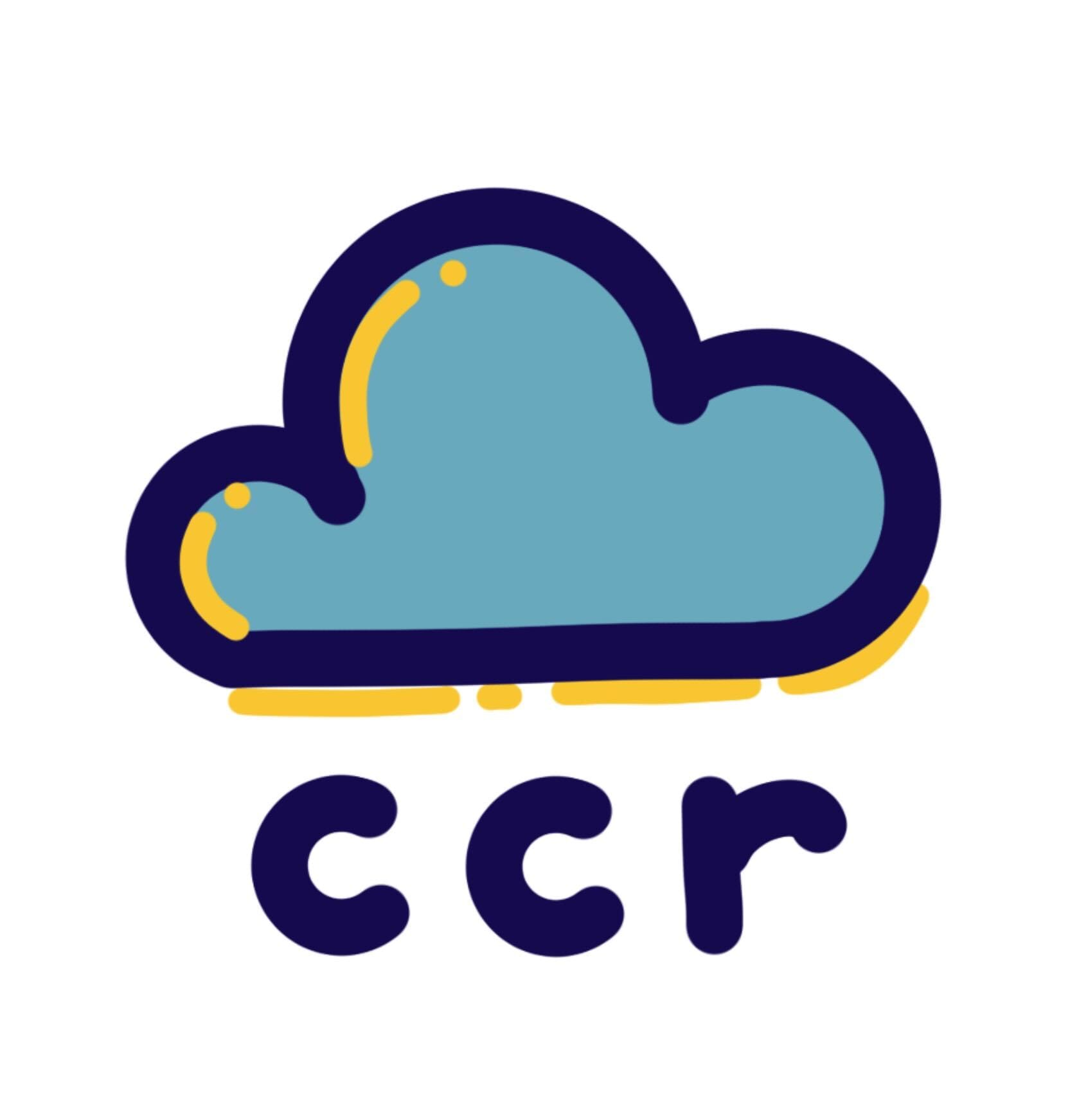Why DevOps Fails at Scale
Explore why DevOps fails at scale.
What is DevOps?
DevOps is a set of practices that combines software development (Dev) and IT operations (Ops) aimed at shortening the systems development life cycle and providing continuous delivery with high software quality. By integrating these functions, organizations can deliver applications and services at high velocity, improving products at a faster pace than using traditional software development and infrastructure management processes.
The Promise of DevOps
Enterprises are striving to emulate the agility and speed of startups. The cloud has been a game-changer, enabling startups to operate their own platform teams without the need for traditional system administrators, database administrators, network administrators, and storage administrators. DevOps excels in this context, where small companies with single-product focuses can efficiently get their products to market.
The Challenge of Scaling DevOps
However, scaling DevOps to large, multi-product organizations presents significant challenges. In a small startup environment, DevOps works because the team is small, communication is straightforward, and everyone is focused on a single goal: getting the product working. But as organizations grow and diversify their product offerings, the simplicity and efficiency of DevOps can start to break down.
The Pitfalls of Large-Scale DevOps
- Product Team Isolation: In a large-scale DevOps setup, product teams are often treated as independent units. While this can foster innovation and rapid development within each team, it can also lead to siloed operations, where teams become isolated from one another and from the overarching goals of the organization.
- Centralized vs. Decentralized Functions: Large organizations must strike a balance between centralized IT functions and decentralized product teams. Centralized IT functions can provide valuable services, but they can also become bottlenecks if not managed properly. It’s crucial for companies to determine what centralized IT functions genuinely add value to the product teams and which ones do not.
- Complexity and Standardization: One of the advantages of cloud providers like Azure, AWS, and GCP is the standardization they offer. However, in a large enterprise, ensuring that all teams adhere to these standards can be challenging. Without strict adherence to standardization, the complexity of managing multiple products and teams can lead to inefficiencies and errors.
Solutions for Scaling DevOps
To resolve these issues, companies need to take strategic steps:
- Value Assessment of Centralized IT: Companies must evaluate the services provided by centralized IT functions and determine their value-add to the product teams. If a centralized service does not significantly enhance the product, it should be reconsidered.
- Clear Communication Channels: Establishing clear communication channels between product teams and centralized IT is essential. This ensures that all teams are aligned with the company’s overall objectives and can share best practices and innovations.
- Standardization and Governance: Implementing strong governance to enforce standardization across teams can help manage complexity. This includes using standardized tools, processes, and platforms provided by cloud providers to maintain consistency and efficiency.
- Training and Skill Development: Investing in training for all team members on DevOps practices and tools can ensure that everyone is on the same page and capable of contributing to the DevOps culture.
- Automated Processes: Utilizing automation tools can help manage the increased complexity that comes with scaling DevOps. Automated testing, deployment, and monitoring can reduce the risk of human error and improve efficiency.
Conclusion
DevOps has revolutionized the way startups and small companies develop and deliver software. However, scaling DevOps in large, multi-product organizations requires careful planning and strategic adjustments. By focusing on value-added services, clear communication, standardization, training, and automation, enterprises can overcome the challenges of scaling DevOps and continue to reap its benefits.
CCR Can Help
Is your organization struggling to scale DevOps effectively? Contact Cloud Cost Recovery (CCR) to learn how our expert team can help you navigate these challenges and implement a scalable DevOps strategy that aligns with your business objectives. Let us help you maximize efficiency and drive innovation across your organization.
